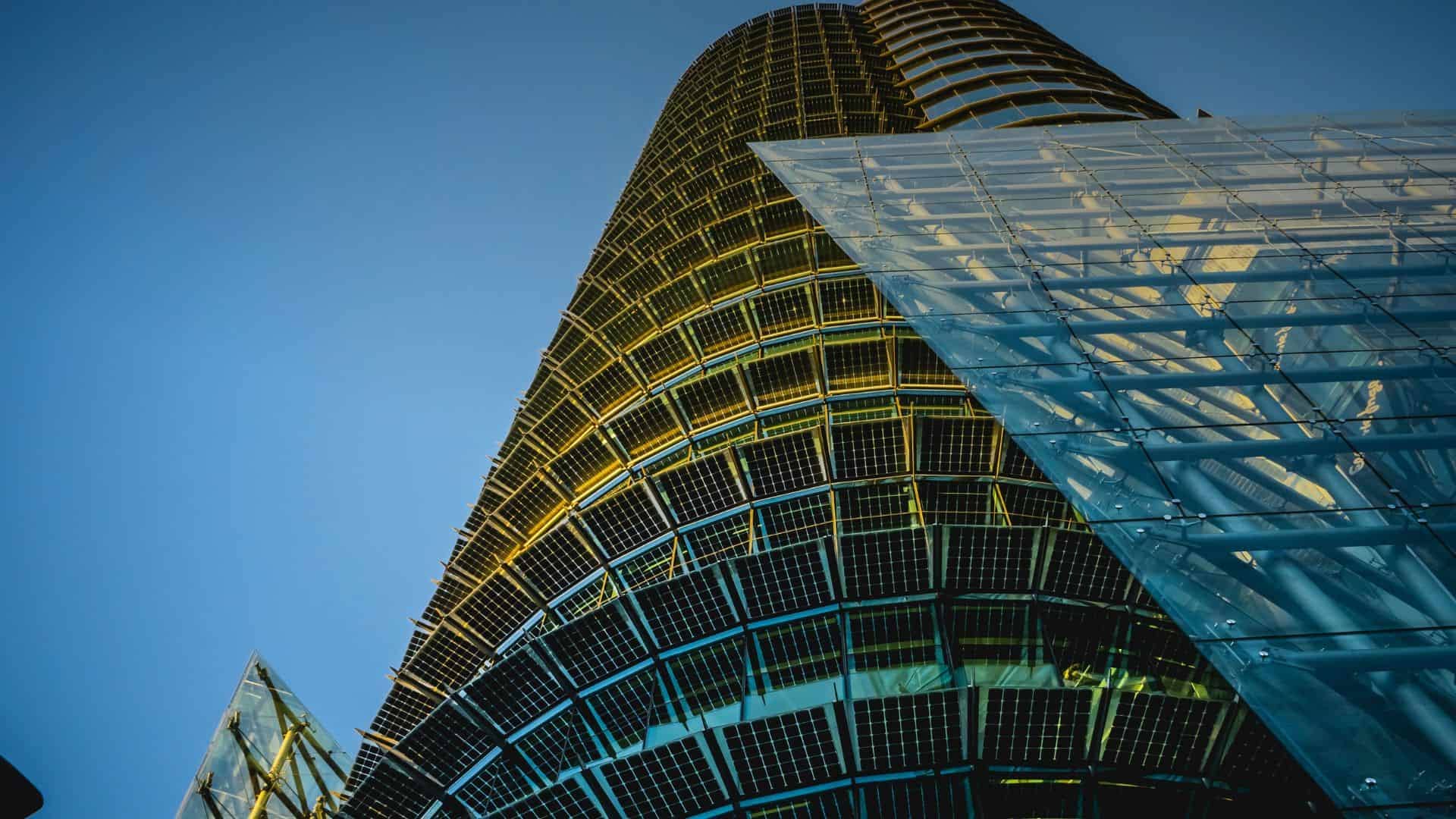About Us
Bentsi-Enchill, Letsa & Ankomah is a leading full-service law firm in Ghana with in-depth expertise and experience in providing first-rate legal services for international and local clients in all sectors of the economy.
We are well-recognised for our leadership and stand out for providing commercially relevant legal services and innovative solutions to our clients.
What drives us is our long-term commitment to providing legal services with the highest level of professionalism and quality, as well as building our teams to help our clients succeed and take advantage of the right opportunities.
Knowledge Centre
Insights
News and Updates
Podcasts
-
Ghana’s Borrowers and Lenders Act, 2020 (Act 1052)Ghana’s Borrowers and Lenders Act, 2020 (Act 1052)







